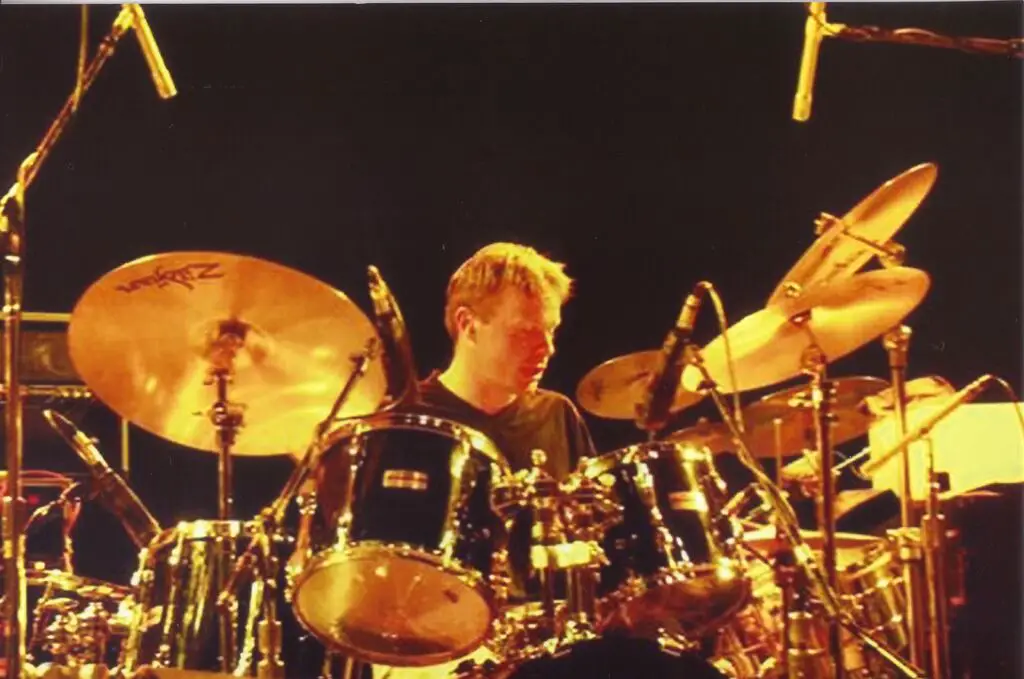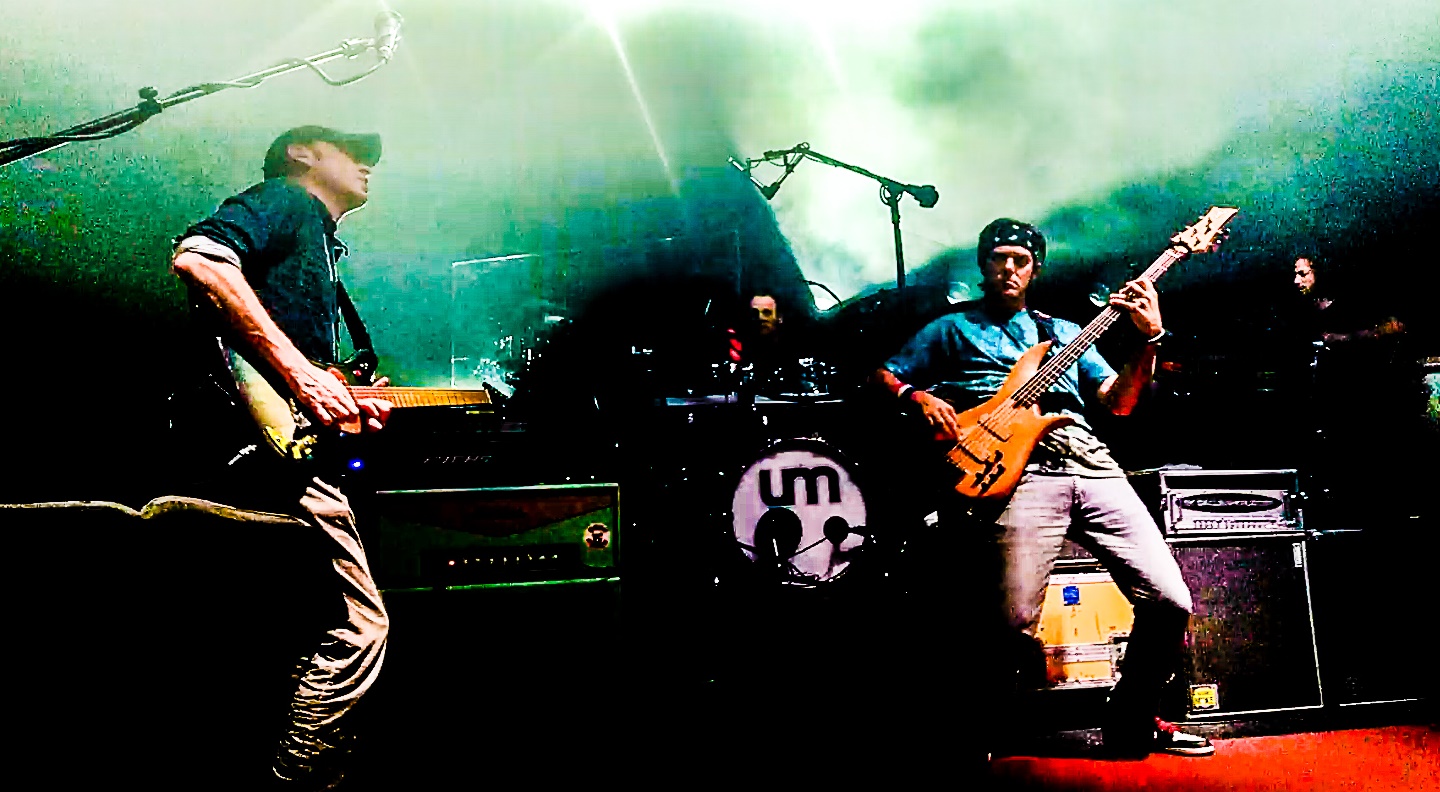When you receive news of someone passing away, emotions take hold. Depending on how well you knew the person, the duration of those emotions can vary. When the person is your best friend and brother, you relive the loss every day. As I have learned this year from my time spent with members of Michael Mirro’s family, you also relive the joys.
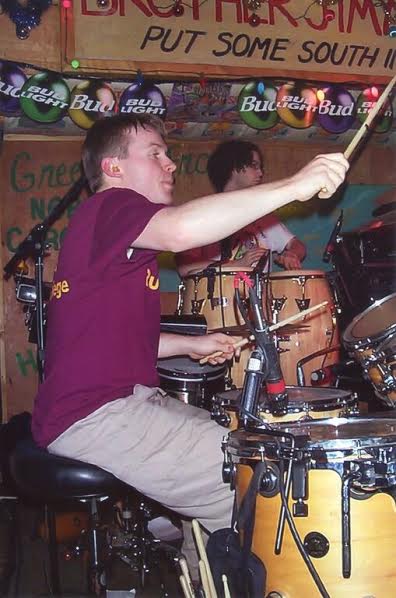 Like so many people who struggle to endure an affliction like bi-polar disorder, Michael had his share of ups and downs, periods of detachment and moments of clarity. As we know, he had a creative streak that ran the entirety of his life. He possessed an unwavering desire to transfer his emotions to a viable medium for others to consume. The question now is what can we do to carry on in his name, to keep his spirit alive?
Like so many people who struggle to endure an affliction like bi-polar disorder, Michael had his share of ups and downs, periods of detachment and moments of clarity. As we know, he had a creative streak that ran the entirety of his life. He possessed an unwavering desire to transfer his emotions to a viable medium for others to consume. The question now is what can we do to carry on in his name, to keep his spirit alive?
Matthew Mirro has been on a mission now for almost two years. Networking with former associates from his brothers past in an effort to better understand the things Mike was creating and going through. For even when it comes to family, one’s mental health is a very private matter. Only the individual can know when something is not clicking inside, and it is not always clear to them how to ask for help. Diagnosis can carry a stigma that goes along with a very real fear of rejection from society.
As early as the summer of 2011 Mike began experiencing some bouts of paranoia. “Mikey told me he that his coworkers were looking him up on the internet, studying his background and departure from Umphrey’s McGee. It seemed they were judging him. He soon believed he heard them talking to him in his mind.
Matt reports increased episodes of depression accompanied by withdrawing from socializing. “He felt like he had a police blotter playing in his head, just repeating over and over.” Yet, as painful as it is to endure, Matt pushes forward to make Mike’s music available to the world. He has also released a video of a song he wrote in memory of his brother. As he sifts through an archive of material that in most cases only lists the songs by number, he somehow has found the process to be healing. Allowing him to collaborate after the fact is giving him the strength to move on. “The amount of material is breathtaking.” Thus raising the question, is musical expression a way to release the voices? Does art allow the individual to let off the steam that hinders the most basic functions of daily life?
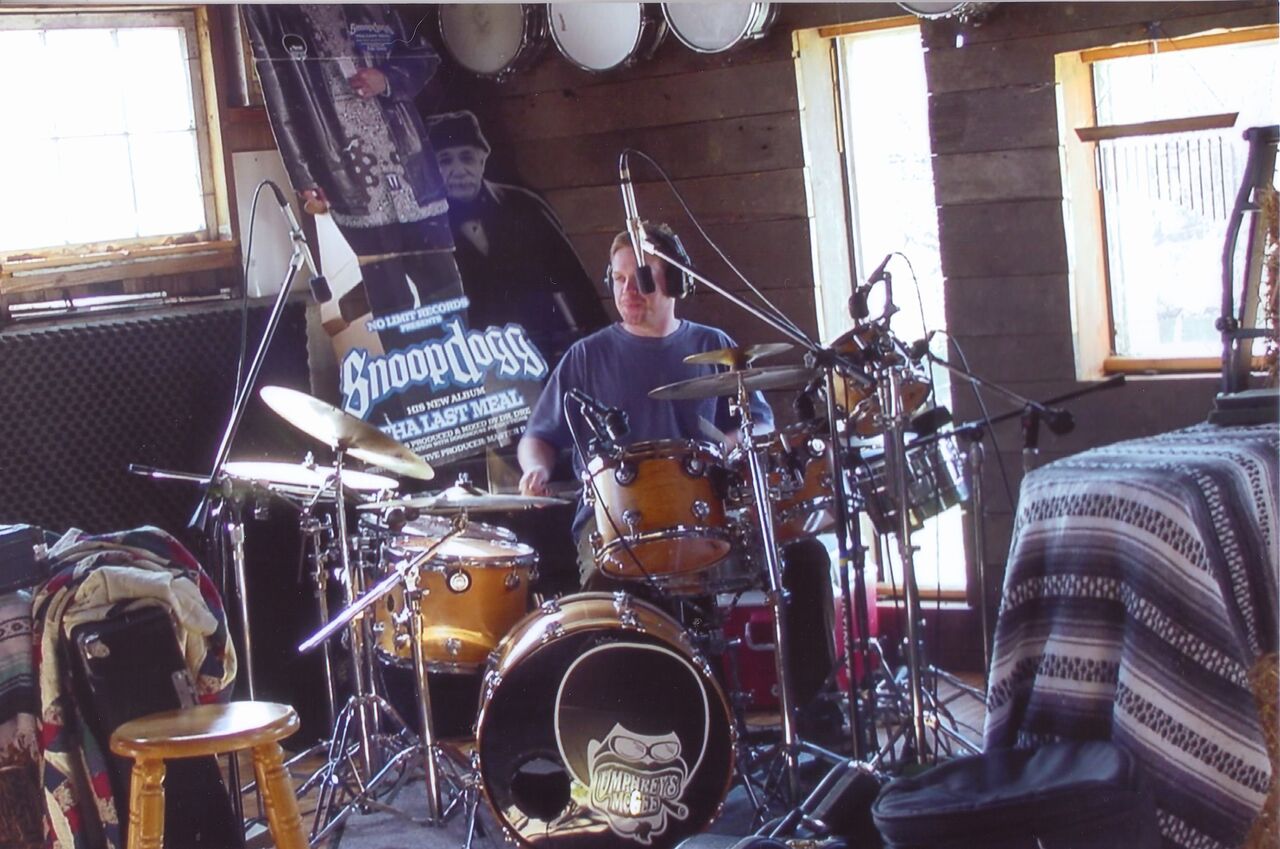 Dr. Mike Mirro, brother to Mike’s father, has established the Mirro Center at Parkview in Ft. Wayne, IN. Through his work there, he is making great strides to discovering the root cause of bi-polar disorder. His theory is that the condition is genetic, and therefore, people are born predisposed to develop symptoms at some point in their lives, quite possibly after sustaining a head injury or a traumatic loss. In essence, while things appear calm on the surface, just beneath there can be an undertow of emotions waiting to be released.
Dr. Mike Mirro, brother to Mike’s father, has established the Mirro Center at Parkview in Ft. Wayne, IN. Through his work there, he is making great strides to discovering the root cause of bi-polar disorder. His theory is that the condition is genetic, and therefore, people are born predisposed to develop symptoms at some point in their lives, quite possibly after sustaining a head injury or a traumatic loss. In essence, while things appear calm on the surface, just beneath there can be an undertow of emotions waiting to be released.
He agrees with the idea of music and art as therapy. “Often times, creative people tend to stop taking the medications prescribed to treat these issues because the drugs close the creative channels. They dull the senses. As a result, people lean towards self-medicating with alcohol and sometimes opiates. Mozart was bi-polar, as was Robin Williams.” I mention all of the “voices” that surfaced in Robin’s performances. His characters came from within and he was no stranger to drugs.
Dr. Mirro also concurs when I mention Miles Davis and Jerry Garcia. “There is no question that these artists and so many others battled mental illness on elevated levels.”
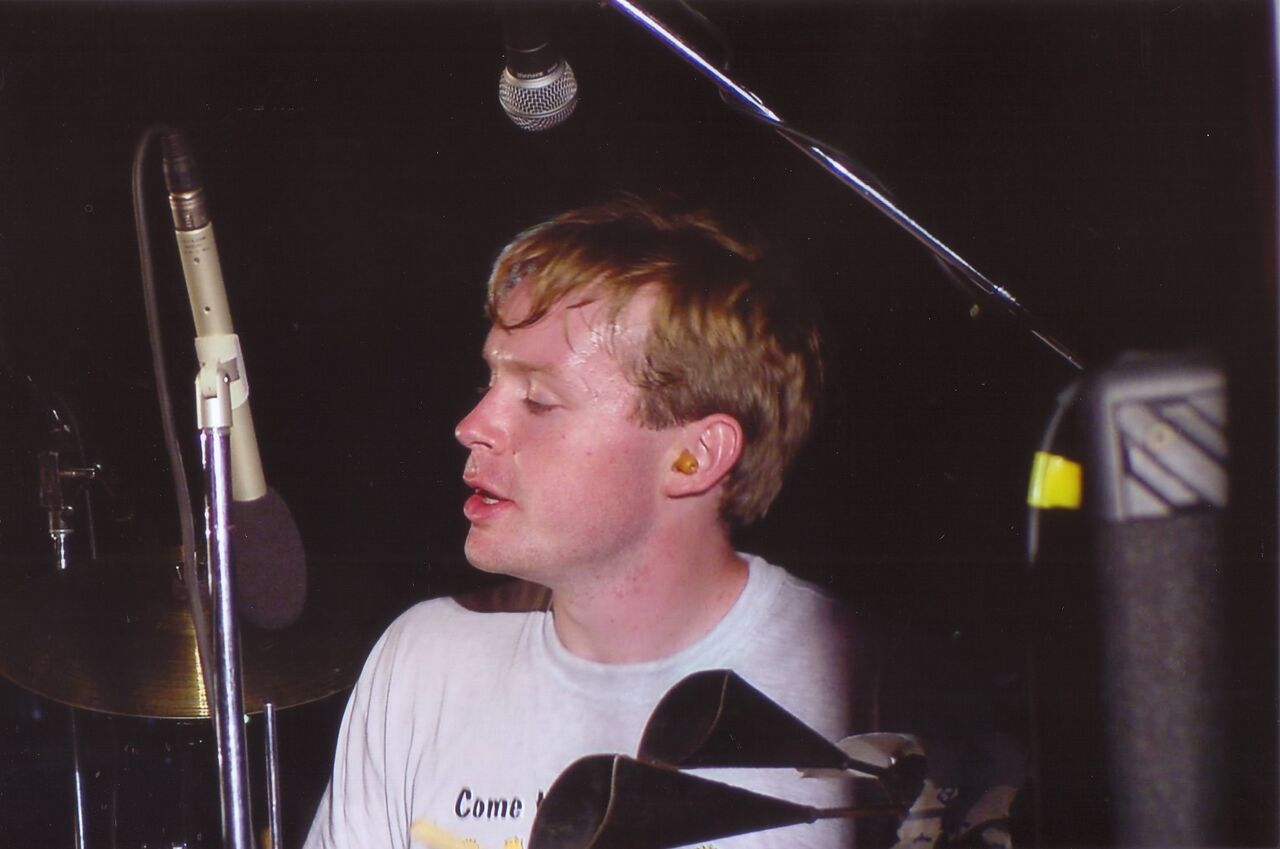 So what can be done to predict, or map out who is likely to develop these tendencies? “The technology exists today to find real answers, what we need to succeed is for more people to come forward. We need as many blood samples as we can get, anonymously, to collect the data needed.” Dr. Mike says, “We need to educate people so the stigma can be taken out of the equation, out of the way of progress.” He goes on to tell me that Indiana leads the nation in adolescent suicides. “The majority of those children were bi-polar.”
So what can be done to predict, or map out who is likely to develop these tendencies? “The technology exists today to find real answers, what we need to succeed is for more people to come forward. We need as many blood samples as we can get, anonymously, to collect the data needed.” Dr. Mike says, “We need to educate people so the stigma can be taken out of the equation, out of the way of progress.” He goes on to tell me that Indiana leads the nation in adolescent suicides. “The majority of those children were bi-polar.”
Each summer Angelo Grecco, lifelong friend to the Mirro family, hosts Dosh Fest. A gathering of old school mates and family to remember a friend, Santosh “Dosh” Unni, a gentle, fun loving friend who lost his battle with depression. Dosh Fest has a dual purpose, now they remember Mike as well. The family hosts a three on three basketball tournament and a potluck picnic allows them to spend the day together celebrating the lives of their fallen brothers.
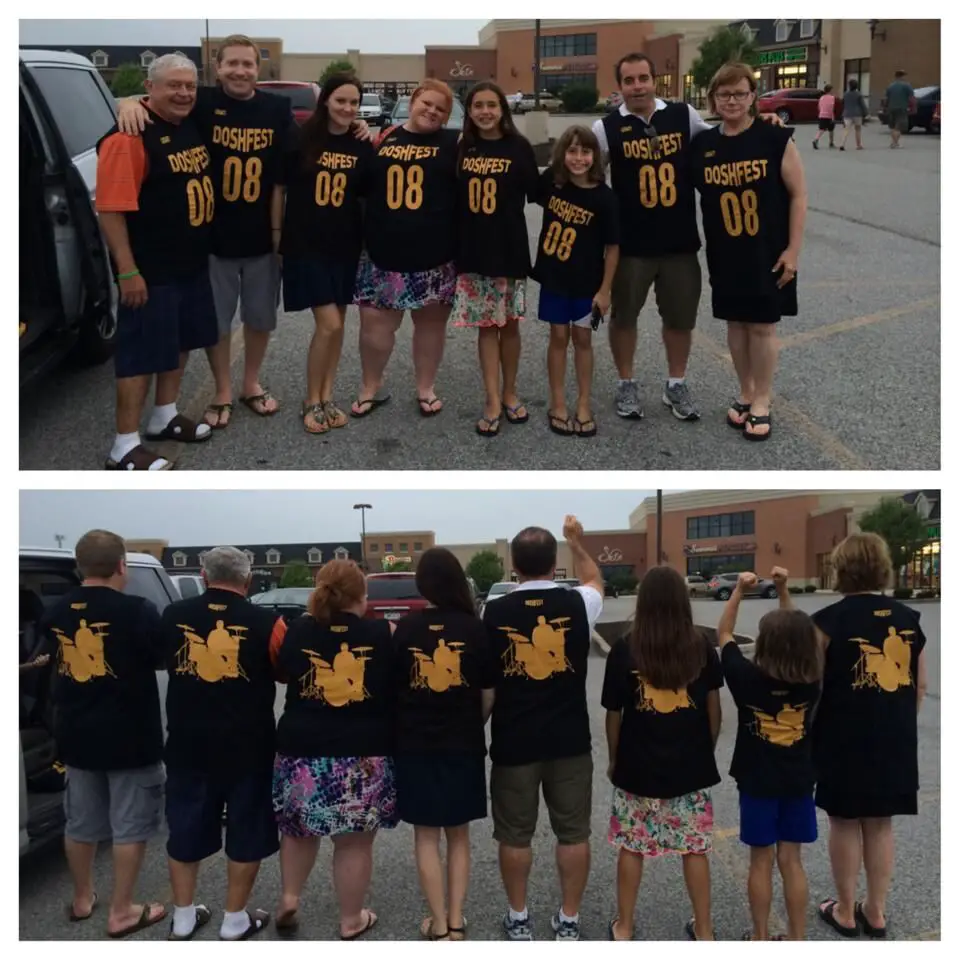 Another close friend, Tyler Lennox-Bush has spearheaded a Non Profit Arts Organization which produces films, events and performances in greater Northwest Indiana. Rustedblue teaches art infused with technology. “We create an environment that gives inner city children access to media arts training. We show them alternative paths to enrich their lives.” Tyler is currently doing research for an upcoming film project titled Region Rat. “I want to honor Mike by utilizing his music for the soundtrack. It’s what we always talked about doing together.”
Another close friend, Tyler Lennox-Bush has spearheaded a Non Profit Arts Organization which produces films, events and performances in greater Northwest Indiana. Rustedblue teaches art infused with technology. “We create an environment that gives inner city children access to media arts training. We show them alternative paths to enrich their lives.” Tyler is currently doing research for an upcoming film project titled Region Rat. “I want to honor Mike by utilizing his music for the soundtrack. It’s what we always talked about doing together.”
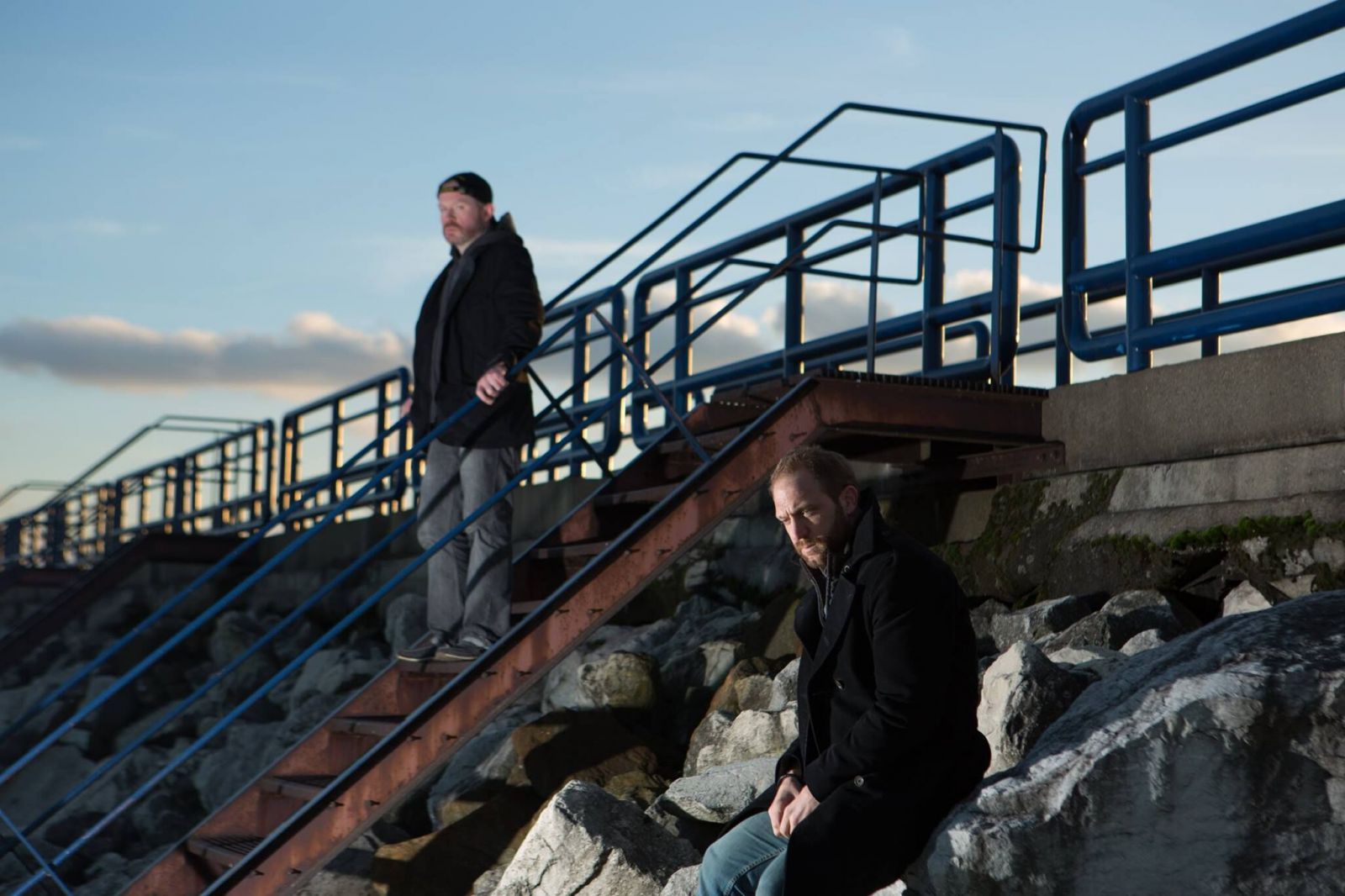 I recently met Adam Houin, former Indiana resident and quite possibly Mike Mirro’s biggest fan. “I was born at just the right time, I discovered Umphrey’s McGee when I was seventeen. I was playing drums at the time and quickly became enthralled with the wide variety of styles the band played. Mike immediately caught my ears by storm. He had such an educated style. I have never heard anyone approach percussion the same way. For example, in Nothing Too Fancy he would play the high hat, ride cymbal and snare drum in a manner so complex it was nearly impossible to follow. Yet when you sit back and listen, he made it sound so simple. That was his true genius.” Adam keeps a photo of the band in his home studio. “Even now, every time I play my drums, I keep Mikey in the back of my mind. I feel like he is watching me, encouraging me to try anything and everything. He is the friend I never knew.”
I recently met Adam Houin, former Indiana resident and quite possibly Mike Mirro’s biggest fan. “I was born at just the right time, I discovered Umphrey’s McGee when I was seventeen. I was playing drums at the time and quickly became enthralled with the wide variety of styles the band played. Mike immediately caught my ears by storm. He had such an educated style. I have never heard anyone approach percussion the same way. For example, in Nothing Too Fancy he would play the high hat, ride cymbal and snare drum in a manner so complex it was nearly impossible to follow. Yet when you sit back and listen, he made it sound so simple. That was his true genius.” Adam keeps a photo of the band in his home studio. “Even now, every time I play my drums, I keep Mikey in the back of my mind. I feel like he is watching me, encouraging me to try anything and everything. He is the friend I never knew.”
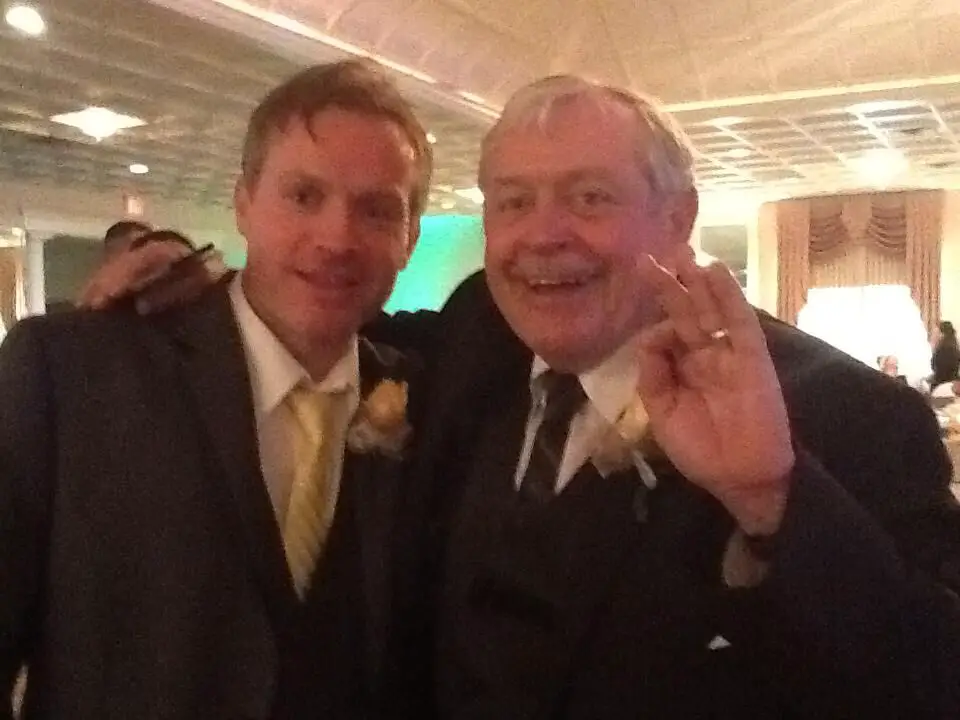 Pneumatic Transit band mate Jeff Zampillo has just put finishing mix on the album he and Mike started on back in 2013. Mirro recorded all the drum tracks that year, and Jeff has taken great care filling in the rest. The album will be released October 13 of this year. The first round of Mike’s material, produced by Paris Toon will be released by Desert Rock Studio sometime early next year.
Pneumatic Transit band mate Jeff Zampillo has just put finishing mix on the album he and Mike started on back in 2013. Mirro recorded all the drum tracks that year, and Jeff has taken great care filling in the rest. The album will be released October 13 of this year. The first round of Mike’s material, produced by Paris Toon will be released by Desert Rock Studio sometime early next year.
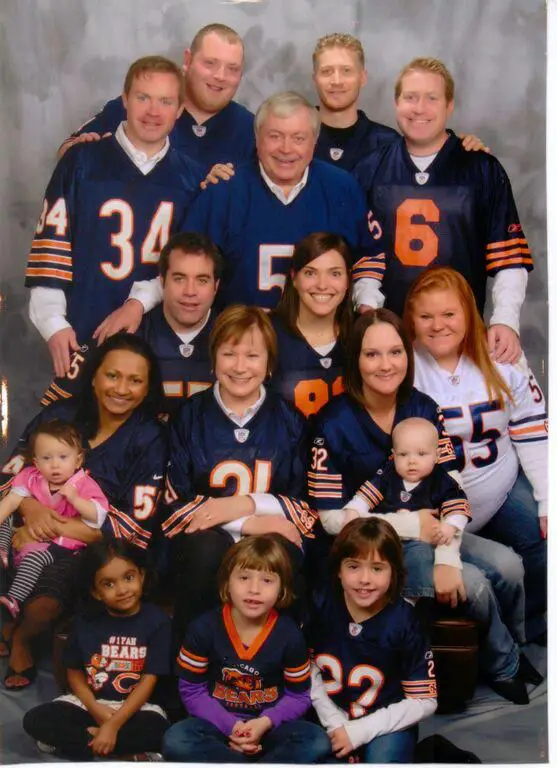 Perhaps you are thinking that you never knew Mike personally. Or maybe you are not a fan of Umphrey’s McGee so how does any of this apply to me? Chances are good that someone close to you is experiencing some level of depression or anxiety. You may have a child transitioning from adolescence to teen ager. Sometimes it is simply a tough time to start a new school or to meet new friends however many times it goes much deeper. Dr. Mirro points out to me the importance of observation and communication. “Remember that especially in the case of childhood bi polar episodes that the fear of being singled out by their peers may prevent the individual from seeking assistance.” It is up to us as parents and siblings to watch for signs and take action when needed. If a young person is hearing voices in their head that come and go with no sign of relief, the results can be devastating. Stay involved and talk to your children about tough issues. When a classmate loses their life, sit down and discuss why some people go down the wrong path. Help your child to recognize the signs and to be proactive. Better to reach out and risk embarrassment than to do nothing and have a lifetime of regret for not speaking up when they had the chance.
Perhaps you are thinking that you never knew Mike personally. Or maybe you are not a fan of Umphrey’s McGee so how does any of this apply to me? Chances are good that someone close to you is experiencing some level of depression or anxiety. You may have a child transitioning from adolescence to teen ager. Sometimes it is simply a tough time to start a new school or to meet new friends however many times it goes much deeper. Dr. Mirro points out to me the importance of observation and communication. “Remember that especially in the case of childhood bi polar episodes that the fear of being singled out by their peers may prevent the individual from seeking assistance.” It is up to us as parents and siblings to watch for signs and take action when needed. If a young person is hearing voices in their head that come and go with no sign of relief, the results can be devastating. Stay involved and talk to your children about tough issues. When a classmate loses their life, sit down and discuss why some people go down the wrong path. Help your child to recognize the signs and to be proactive. Better to reach out and risk embarrassment than to do nothing and have a lifetime of regret for not speaking up when they had the chance.
As I have spoken to people at random about what we are doing here, I have encountered a pattern in their response. When I mention our friend lost his life to complications of bi-polar disorder, their thoughts immediately go to suicide. You should know that this is not always the case, and definitely not so for Mike. When a person is experiencing a manic episode, they are no longer “themselves”. It is no longer likely that they are aware of what is happening around them. In a normal scenario, we know to follow our routine of nourishment and hygiene, but in an aggravated mental state nothing is routine.
Remember this when you learn of someone experiencing difficulty coping. Do not presume to know what they are going through. Ask yourself “What can I do?” Try your best to show compassion, for this truly is a battle of life and death.
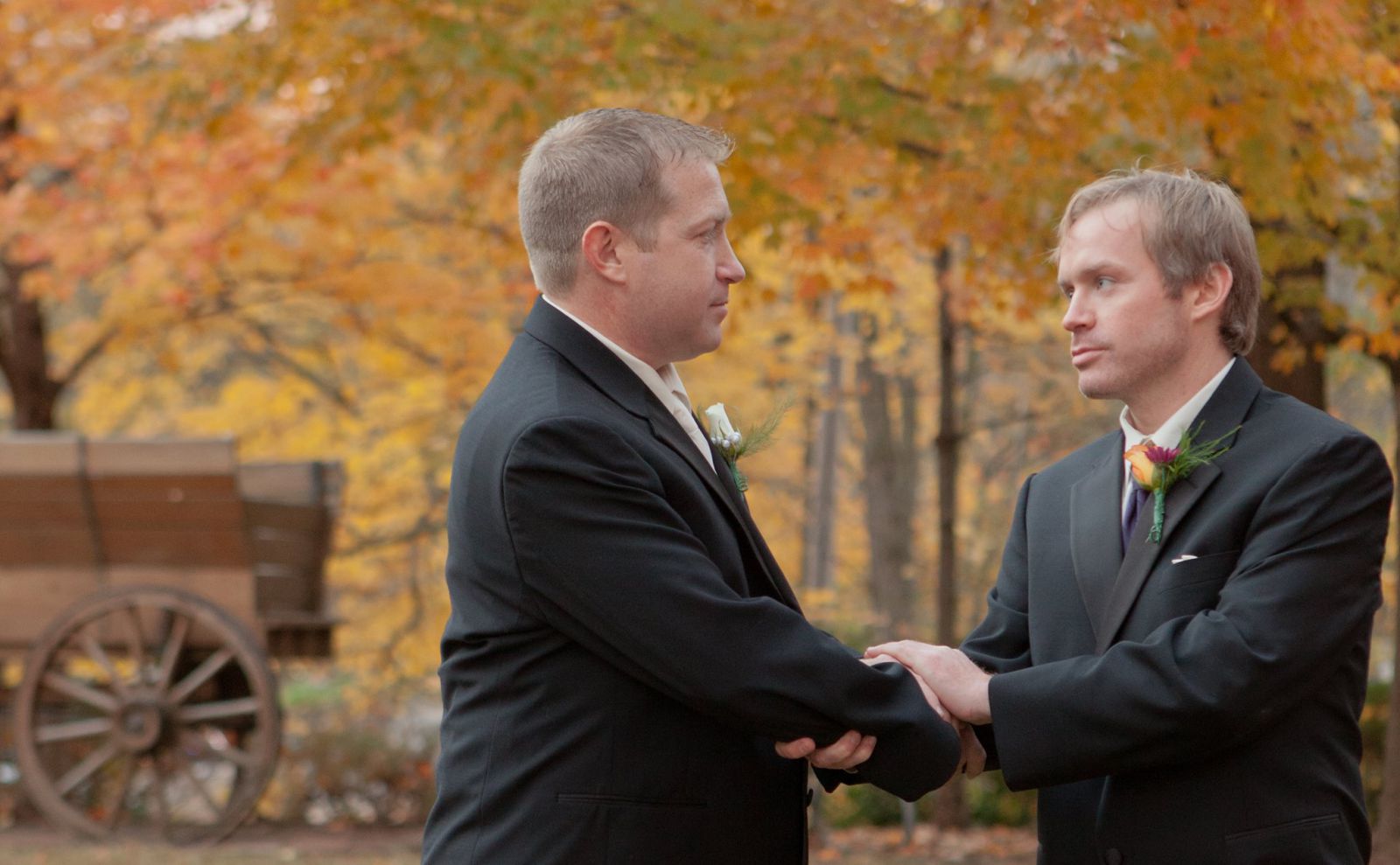 There can be a heavy burden carried by friends and family and it is common for parents and siblings to carry feelings of guilt for not “knowing” what was happening. I have learned that it does not have to be that way. Matt Mirro is lighting the way for his family and leading them from their darkest days. His pride in Mike’s achievements has all but erased any trace of guilt and his determination to share the music created by his brother serves as an inspiration to us all. His mantra is Strength and Honor, and he lives it every day.
There can be a heavy burden carried by friends and family and it is common for parents and siblings to carry feelings of guilt for not “knowing” what was happening. I have learned that it does not have to be that way. Matt Mirro is lighting the way for his family and leading them from their darkest days. His pride in Mike’s achievements has all but erased any trace of guilt and his determination to share the music created by his brother serves as an inspiration to us all. His mantra is Strength and Honor, and he lives it every day.
The members of Mike’s other family, his bandmates in Umphrey’s McGee have shared what it means to keep Mike’s spirit alive as they continue to build upon the musical foundation that they laid down together some seventeen years ago.
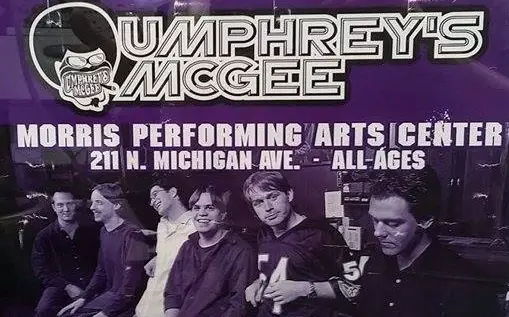 “Whenever I think of Mike, I think of the authentic approach he lent to the music of Umphrey's McGee. The trademark drum fills and queues he created in the songs are something that I try to continue playing, for the sake of celebrating his legacy. We shared the same influences, and it shows in his interpretation of how he composed and played the drum parts. I am proud to carry on his exuberance for both music and life, and his commitment to leading the importance of joyfulness with his bandmates while working together. He was true team player and had a heart of gold.” Kris Myers, the man who took over for Mikey when he went to medical school recalls respectfully.
“Whenever I think of Mike, I think of the authentic approach he lent to the music of Umphrey's McGee. The trademark drum fills and queues he created in the songs are something that I try to continue playing, for the sake of celebrating his legacy. We shared the same influences, and it shows in his interpretation of how he composed and played the drum parts. I am proud to carry on his exuberance for both music and life, and his commitment to leading the importance of joyfulness with his bandmates while working together. He was true team player and had a heart of gold.” Kris Myers, the man who took over for Mikey when he went to medical school recalls respectfully.
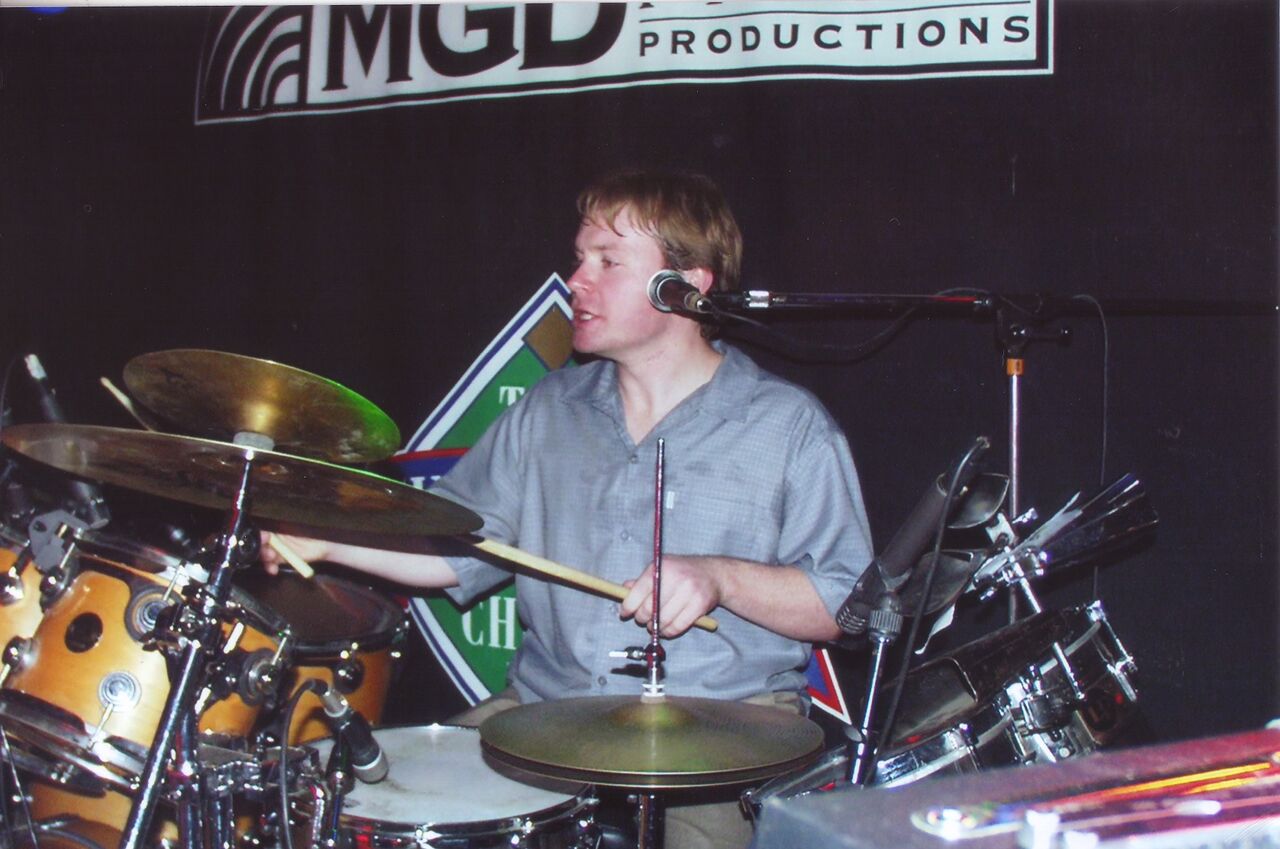 Andy Farag, percussionist and close friend to Mirro since high school adds some insight into keeping the spirit alive. “Each and every show we play I think of Mike. He and I created my go to rhythms while watching our many instructional videos and in a way I am now an extension of Mikey’s playing style. I am honored to do so. Most importantly, Mike is the main reason I became the percussionist I am today. For that, I am forever thankful.”
Andy Farag, percussionist and close friend to Mirro since high school adds some insight into keeping the spirit alive. “Each and every show we play I think of Mike. He and I created my go to rhythms while watching our many instructional videos and in a way I am now an extension of Mikey’s playing style. I am honored to do so. Most importantly, Mike is the main reason I became the percussionist I am today. For that, I am forever thankful.”
Joel Cummins who played with Mike in their band previous to UM says “I often think about Mike when Umphrey’s McGee is on stage. Lots of times it is funny, lighter musical jaunts like our song Hangover. Then sometimes it’s when we hit the Eureka moment of an improvisation and I think back to all of the music we made together AND witnessed together as we tried to grow as musicians. Mike & I always tried to go listen to live music whenever we could, including driving all the way to Festival de Jazz in Montreal in the summer of ’96.” “Mike’s drumming challenged us to push further outside the box, while his personality reminded us to relax and enjoy ourselves, that creating music together should be something that makes us happy. Whether heavier or lighter moments, Mike’s spirit is alive & well every night Umphrey’s McGee steps on the stage.”
Via phone call, Jake Cinninger recalls Mike as “The first person to bring a sense of humor to music. Mirro was the class clown and never too serious. He was a natural performance artist you know, it was in his D.N.A. At the house in Chicago, Mike and I would get up early and study all the drum masters, researching the origin of the sound. We had hundreds of mixtapes and we would listen to music like we were watching football. We would study the routes and analyze the play calls trying to grow our musical fingerprint. Those are my favorite memories with Mike, he taught me to understand melody."
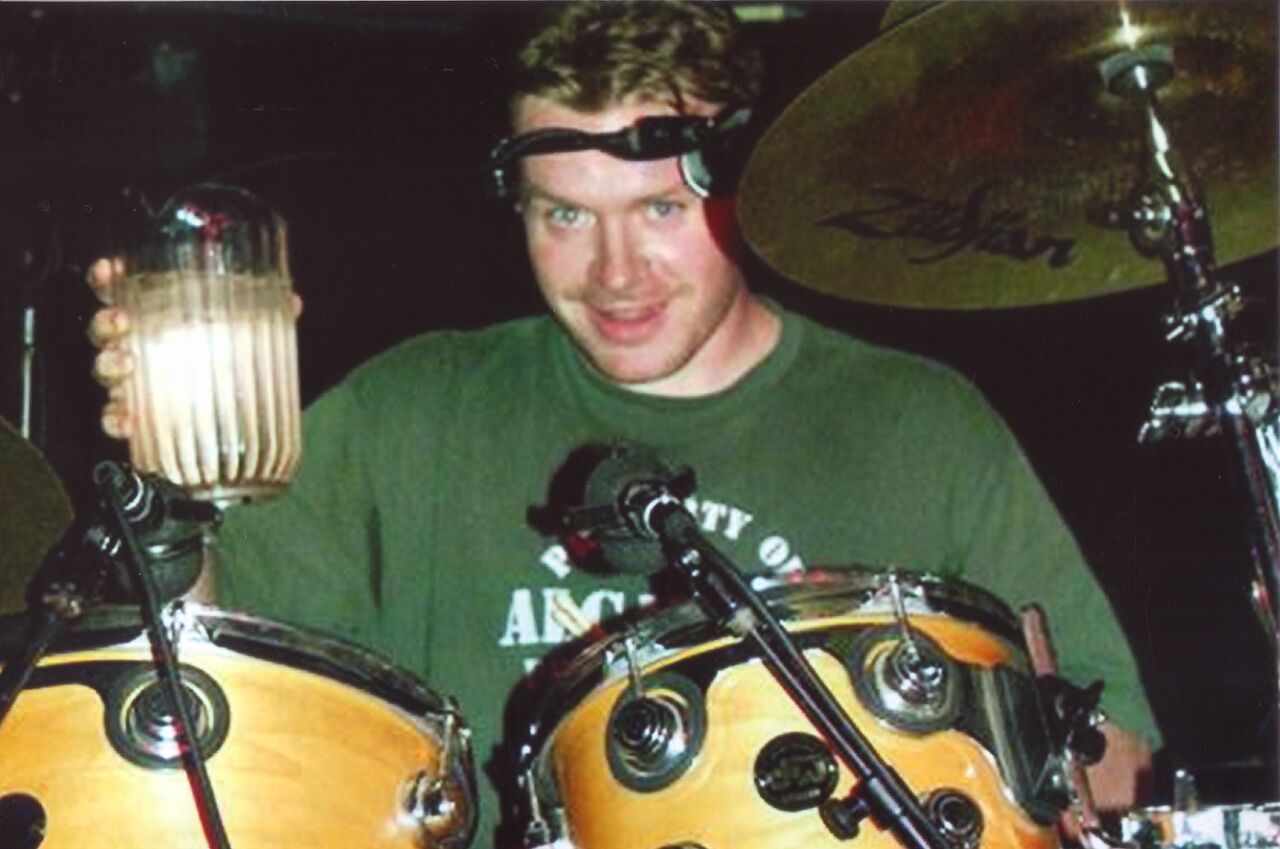
“Mirro!!!!!!! Mikey was the closest anyone came to being my brother. Allow me to correct that statement, Mikey WAS my brother. We laughed, we fought, we cried, we shared crappy hotel rooms together, played poker in back of the van hoping to relish in the glory of the next Flying J stop, but most of all we rocked. \mm/ I think of him every day on and off the stage and it always makes me smile. He was my best friend, my drummer, my brother.” – Ryan Stasik
“There are lots of times that I'll start thinking about Mikey during shows. Mostly when we play really old songs, but sometimes when I look out in the crowd and see an old familiar face that I've seen in the crowd for years. I'm reminded of how far we've come and how much he did to help get us where we are today. Whenever I do think about him on stage, I get the instant sensation that he's in the room with us....it’s like I know he's watching and I know he's enjoying it. It really puts a smile on my face every time it happens.” – Brendan Bayliss
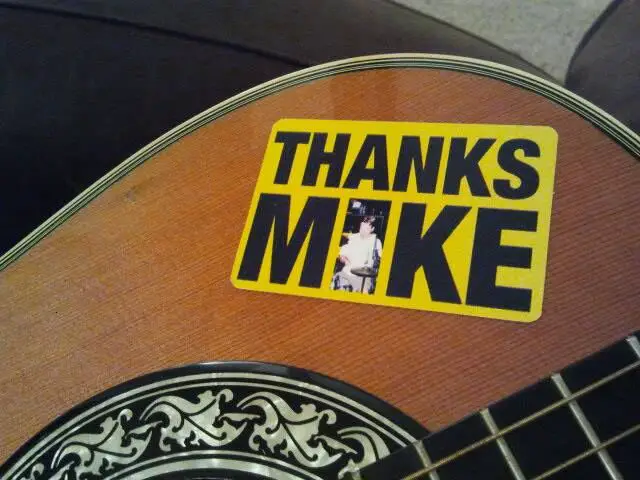 This past May, I spoke to Brendan backstage at Summer Camp. He said when the band is on stage, he feels like Mike is right there with him, cheering them on. He told me he planned to give Mike a shout out in the next set. I paid close attention throughout the show, and noticed he never actually spoke of Mikey on the microphone. Then it dawned on me, instead he did what Mirro always did. He let the music do the talking.
This past May, I spoke to Brendan backstage at Summer Camp. He said when the band is on stage, he feels like Mike is right there with him, cheering them on. He told me he planned to give Mike a shout out in the next set. I paid close attention throughout the show, and noticed he never actually spoke of Mikey on the microphone. Then it dawned on me, instead he did what Mirro always did. He let the music do the talking.





